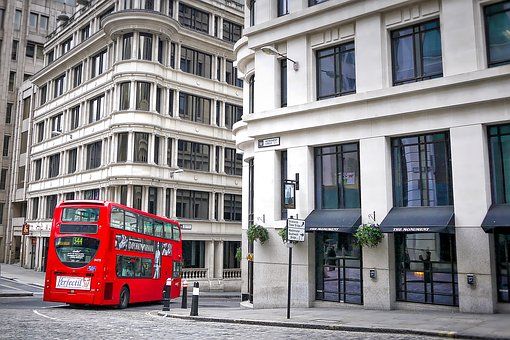If you intend to start a business in the UK, VAT is going to be a crucial aspect for you at some instance or another. A business has to Register for VAT in the event of been exceeding the annual threshold amount (mandatory registration) or can opt to voluntary registration if it supports the business operation. VAT registration, as anyone would expect, associated with paperwork and other requirements.
Registering for VAT is obligatory for any business that deals with taxable supplies over £83,000 within the period of one year. Voluntary registration can be done if a particular business prefers to do so; many businesses opt for this option in order to obtain integrity and stand tall within the business environment. Businesses that intend to Register for VAT should fill out special application forms; VAT 1 and VAT 2. Duly filled forms should be then submitted to the HMRC. Although it sounds pretty simple, interestingly, a considerable number of businesses fail to submit their VAT applications without mistakes. Even a single mistake may be a cause for your application to get declined and you may have to start the process again. These hassles often lead businesses to waste their time on VAT registration. However, most of the modern businesses consider hiring a third party VAT expert in order to put the process on the correct path. Since these experts have all the necessary experience and subject knowledge about VAT registration, you can expect your registration to be a faultless process.
Prior to applying for VAT registration, you should have all the documents in order to avoid unnecessary confusions. If you don’t have the assistance of a professional VAT expert, you can make some calls to HMRC hotline and have a general ideal about the documents that are required. All the potential complications that may occur when you intend to Register for VAT can be eliminated just by systematizing the process. As long as you get the assistance of a VAT expert, registration for VAT is a pretty simple task.
Voluntary registration, as the term depicts, can be done at the will of the business owner even if the respective business doesn’t exceed the threshold. There are considerable benefits and drawbacks associated with voluntary registration which you should analyze thoroughly before moving forward. Consider if the majority of your clientele consists of general public; they cannot claim VAT you charge from them. Likewise, there are several other instances where voluntary registration can be a hindrance for your business. This is exactly why you should get a professional to study the nature and the status of your business and recommend you if the registration is going to benefit you or not.
Despite the above mentioned drawbacks, it is good to Register for VAT if you expect added credibility for your business. Most of the large scale companies prefer to do business with VAT-registered businesses than the others. Also, such approach will be an added advantage for your business to stand tall among the competitors who aren’t registered yet.


